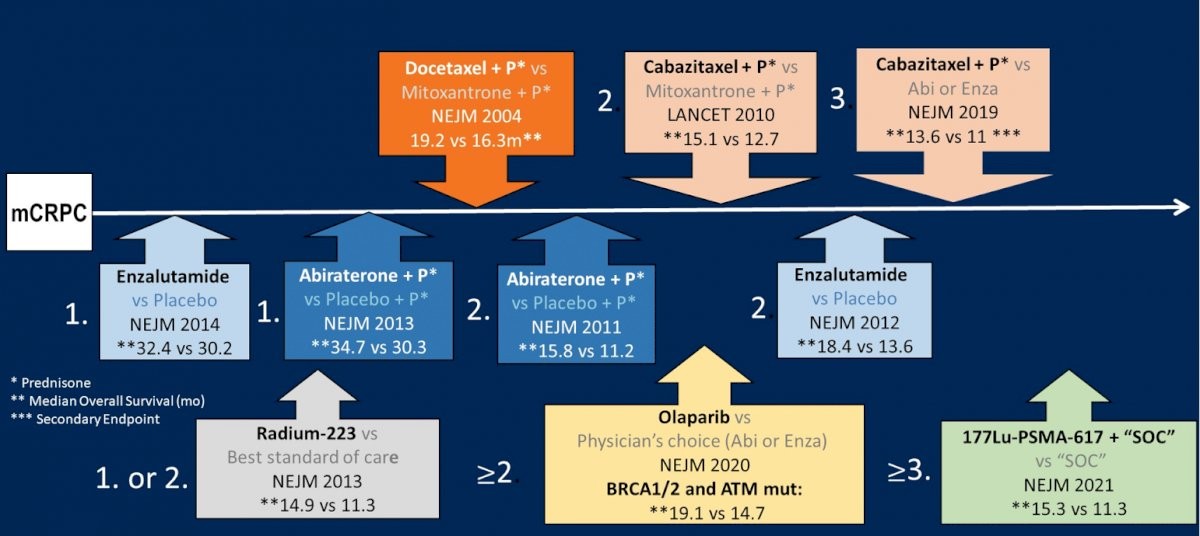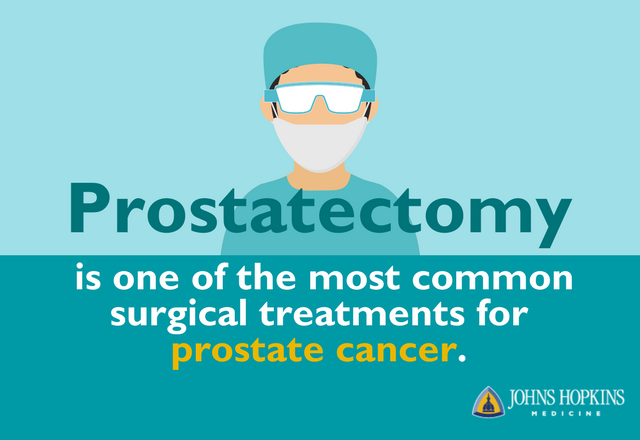Best Prostate Cancer Hospital In India Fundamentals Explained
Best Prostate Cancer Hospital In India Fundamentals Explained
Blog Article
Prostate Cancer Cells Therapy: Surgical and Non-Surgical Approaches Explained
When confronted with a prostate cancer medical diagnosis, the range of therapy options can appear overwhelming. From surgical treatments to non-surgical strategies, each method carries its very own collection of benefits and factors to consider. The decision-making procedure involves evaluating factors such as effectiveness, possible side effects, and long-lasting outcomes. Comprehending the nuances of medical techniques, like robotic-assisted surgery, and non-surgical treatments such as radiation therapy and hormone treatment, is essential for individuals and their family members. This extensive summary aims to shed light on the complexities of prostate cancer cells treatment, using understandings right into the ins and outs of each technique to encourage individuals in making notified choices concerning their health and wellness.
Surgical Therapy Options
When taking into consideration medical therapy options for prostate cancer, clients and healthcare carriers often evaluate the advantages and dangers linked with various treatments. This procedure is usually suggested for people with localized prostate cancer cells and offers the potential for a treatment.
An additional medical choice is robotic-assisted laparoscopic prostatectomy, a minimally intrusive treatment that makes use of a robot system to aid the specialist in getting rid of the prostate. This technique can lead to much less blood loss, much shorter healthcare facility stays, and quicker healing times compared to traditional open surgical procedure. It likewise lugs the risk of complications such as infection and injury to bordering organs.
Eventually, the choice of surgical therapy for prostate cancer relies on numerous factors including the stage of the cancer, the patient's general health and wellness, and their choices regarding prospective negative effects and healing times. Consulting with a multidisciplinary team consisting of urologists, oncologists, and radiation oncologists can help individuals make notified choices about one of the most appropriate surgical method for their specific case.

Non-Surgical Treatment Options
Considering options to medical interventions, non-surgical therapy choices for prostate cancer deal patients additional methods for taking care of the disease while lessening potential medical risks. One non-surgical approach is Active Surveillance, where patients with low-risk prostate cancer are kept track of very closely via routine exams, blood tests, and biopsies, without going through instant therapy. This strategy aims to prevent unneeded treatment and its involved negative effects, such as urinary incontinence and impotence.
An additional non-surgical choice is Radiation Therapy, which utilizes high-energy rays to kill cancer cells (Best prostate cancer hospital in Mumbai). This therapy can be supplied on the surface making use of a device (External Beam Radiation) or inside via tiny contaminated pellets positioned near the lump (Brachytherapy) Radiation therapy can be made use of as a primary therapy or in combination with other treatments, such as hormonal agent treatment
Additionally, Hormone Therapy is a non-surgical strategy that aims to minimize the levels of male hormonal agents (androgens) in the body, as these hormonal agents can fuel the growth of prostate cancer cells. By blocking or decreasing androgen degrees, hormone treatment can slow down cancer progression and ease signs in sophisticated instances.
Robotic-Assisted Surgical Treatment for Prostate Cancer Cells

Among the crucial benefits of robotic-assisted surgical treatment for prostate cancer cells is its capacity to decrease the risk of complications and adverse effects generally related to open surgical procedure, such as blood loss, discomfort, infection, and prolonged recuperation times. People undertaking robotic-assisted procedures often experience shorter health center remains, much less postoperative discomfort, and quicker go back to typical tasks. Additionally, the minimally intrusive nature of robot surgical procedure generally leads to smaller sized incisions, resulting in improved cosmetic end results and minimized scarring for people. Generally, robotic-assisted surgery represents a cutting-edge strategy to prostate cancer cells treatment that combines technological improvements with surgical competence to maximize individual outcomes.
Radiation Therapy for Prostate Cancer
Utilizing innovative radiation technology, radiation therapy plays a crucial function in the detailed treatment of prostate cancer cells. Radiation therapy makes use of high-energy radiation to damage cancer cells and diminish tumors. It is an usual therapy alternative for prostate cancer cells, either as a key treatment or in mix with surgical treatment, hormone treatment, or chemotherapy.
There are 2 main sorts of radiation treatment used for prostate cancer cells: outside beam radiation therapy (EBRT) and brachytherapy. In EBRT, a maker delivers radiation from outside the body to the prostate. This treatment is generally given over numerous weeks, with everyday sessions lasting just a few minutes (best prostate surgeon in Mumbai). Brachytherapy includes placing radioactive seeds or sources directly into the prostate near the malignant cells. These seeds send out radiation that kills the cancer cells in time.
Radiation treatment for prostate cancer is extremely reliable, with high treatment rates, specifically for local cancer cells. It is additionally a valuable alternative for individuals who might not be ideal candidates for surgical procedure. Like any treatment, radiation therapy may have adverse effects, such as urinary system issues, fatigue, and skin inflammation, but these are usually short-term and workable.
Hormonal Agent Therapy for Prostate Cancer Cells
Hormone treatment is a frequently used therapy method for prostate cancer cells management. Hormone treatment, also known as androgen starvation treatment, aims to lower testosterone levels in the body or obstruct the hormonal agent's results on the prostate cancer cells, thus reducing down the disease's progression.
There are various kinds of hormone therapy for prostate cancer cells, including medicines that lower testosterone degrees (such as luteinizing hormone-releasing hormonal agent agonists and antagonists), or medications that obstruct testosterone from getting to cancer cells (like anti-androgens) Hormone treatment can be used alone or in mix with other therapies like radiation therapy, depending on the phase and aggression of the cancer.
While hormonal agent therapy can properly control prostate cancer development, it may include side impacts such as hot flashes, loss of sex drive, erectile dysfunction, and weakening of bones - Best prostate cancer doctor in Mumbai. Normal tracking and discussions with doctor are important to manage these side results and make certain the treatment's effectiveness
Conclusion
In conclusion, the therapy alternatives for prostate cancer cells consist of non-surgical and medical strategies such as robotic-assisted surgical procedure, radiation therapy, and Best prostate cancer doctor in Mumbai hormone therapy. Each approach has its very own advantages and threats, and the selection of treatment relies on different elements such as the phase of cancer cells and overall wellness of the person. It is necessary for individuals to go over these choices with their healthcare company to determine one of the most suitable course of activity for their specific circumstance.

Utilizing sophisticated radiation modern technology, radiation treatment plays an essential function in the comprehensive treatment of prostate cancer. It is an usual treatment option for prostate cancer cells, either as a primary treatment or in mix with surgical procedure, hormone treatment, or radiation treatment.
Radiation treatment for prostate cancer cells is extremely efficient, with high remedy rates, specifically for local cancer cells.Hormone therapy is a commonly made use of therapy technique for prostate cancer monitoring.In verdict, the treatment choices for prostate cancer include non-surgical and surgical techniques such as robotic-assisted surgical procedure, radiation treatment, and hormonal agent therapy.
Report this page